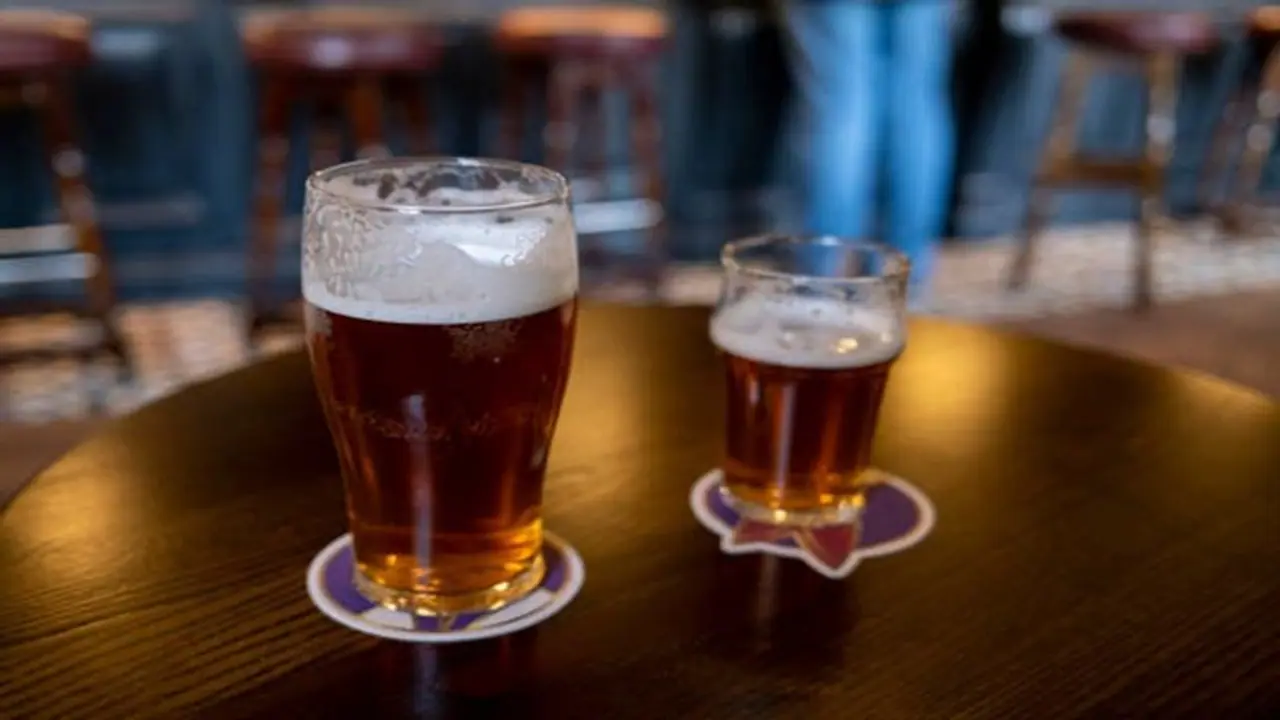Belgian researchers have developed an artificial intelligence (AI) technique for beer analysis that uses models to forecast beer ratings from consumers and pinpoint the scent components that may improve the flavors of the brews.
An artificial intelligence model that can forecast beer consumer evaluations and recommend changes to the beverage's flavor profile has been unveiled by a group of Belgian researchers.
The study, which was published in Nature Communications, investigates the feasibility of comprehending and forecasting beer flavor, a difficult task given the complicated interactions between chemical constituents and individual taste preferences.
A scientific foundation for flavor comparison is not sufficiently provided by traditional methods, which rely on subjective preferences and descriptive guidelines. In an effort to overcome these restrictions, researchers have studied beer flavor characteristics with never-before-seen accuracy using chemical analysis methods.
Development tactics in the food and beverage industry may change as a result of this novel strategy, which is being led by scientists at KU Leuven and the VIB-KU Leuven Center for Microbiology.
A major obstacle to evaluating and comparing different beers is the complexity of beer flavor, which is formed from hundreds of fragrance molecules. Conventional approaches provide skewed comparisons since they mostly rely on subjective evaluations of taste.
The project's principal investigator, Professor Kevin Verstrepen, stated, that their goal is to provide a more neutral and scientific description of the world's beers. Their research has been published in the Nature Communications publication.
In order to do this, the research team carefully measured the concentration of aroma components in 250 Belgian beers and assessed each beer using a panel of experienced experts based on 50 criteria.
The group created an AI model using the data they had gathered to close the gap between the chemical composition of beers and how they are perceived to taste. Without human tasting, this program not only forecasts the main aromas and the total appreciation score of a beer, but it also makes recommendations for certain aroma additions to raise the drink's caliber.
